Trying to stay in ketosis while enjoying your daily brew? Many keto followers are now eyeing green coffee keto as a potential fat-burning addition. With claims around chlorogenic acid and metabolism support, green coffee might just offer a fresh way to energize your low-carb lifestyle. In this article, we’ll uncover what green coffee really is, how it compares to traditional brews, whether it’s keto-approved, and how it could fit into your fat-burning routine—plus answers to common questions.
What You’ll Find Here
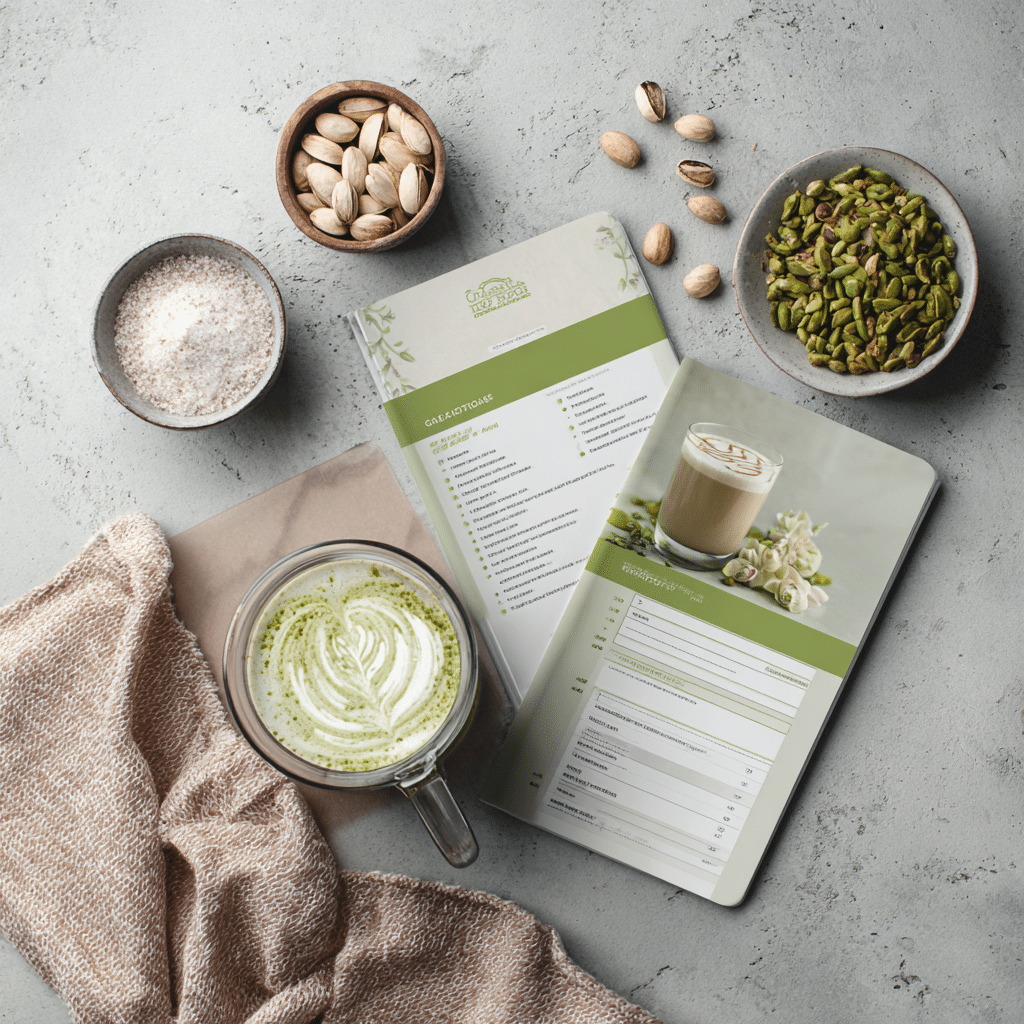
Green Coffee Keto Drink
Ingredients
Equipment
Method
- Add green coffee powder to a mug or heat-safe glass.
- Pour in hot water (about 80°C / 176°F) and stir to dissolve completely.
- Add MCT oil and a dash of cinnamon if desired. Stir until well blended.
- Sweeten with keto-friendly sweetener to taste, or enjoy plain for clean fasting.
- Drink warm for a fat-burning energy boost without breaking ketosis.
Nutrition
Notes
Tried this recipe?
Let us know how it was!What Is Green Coffee and Why Keto Fans Are Talking About It
What Is Green Coffee and What Makes It Stand Out on Keto?
Green coffee keto is gaining attention for good reason. Green coffee comes from unroasted beans that keep their natural color and high levels of chlorogenic acid. This powerful compound supports fat metabolism, which makes it especially attractive to those on a ketogenic diet.
Unlike roasted coffee, green coffee keto keeps its full range of plant-based antioxidants. These compounds may help with blood sugar control, a core benefit for anyone following a low-carb plan. With its lighter flavor and smoother caffeine hit, green coffee keto fits into many daily routines without spiking energy levels too sharply.
Why Green Coffee Differs from Traditional Roasted Brews
Most people drink roasted coffee, which undergoes high heat. This process boosts flavor but destroys much of the chlorogenic acid. On the other hand, green coffee keto preserves these acids, giving it a unique nutritional edge.
It also contains less caffeine, which makes it ideal for those on a strict keto plan who want steady energy without a crash. Green coffee keto offers a subtle boost without derailing ketosis.
If you’re looking for other low-carb drinks that support energy and focus, explore our hojicha latte vs matcha comparison. Both options can pair well with a keto lifestyle.
Is Green Coffee Keto Friendly?
How Green Coffee Keto Affects Net Carbs and Ketosis
Green coffee keto is naturally low in carbohydrates, making it compatible with most ketogenic meal plans. Brewed green coffee typically contains zero grams of net carbs. It doesn’t contain sugar or additives unless you mix it with sweeteners or milk. That makes it a safe and easy fit for anyone counting macros or sticking to strict carb limits.
Its high chlorogenic acid content may also help regulate glucose metabolism, a useful feature for those aiming to stabilize blood sugar during ketosis. This makes green coffee keto not only friendly—but potentially supportive of fat-burning efforts.
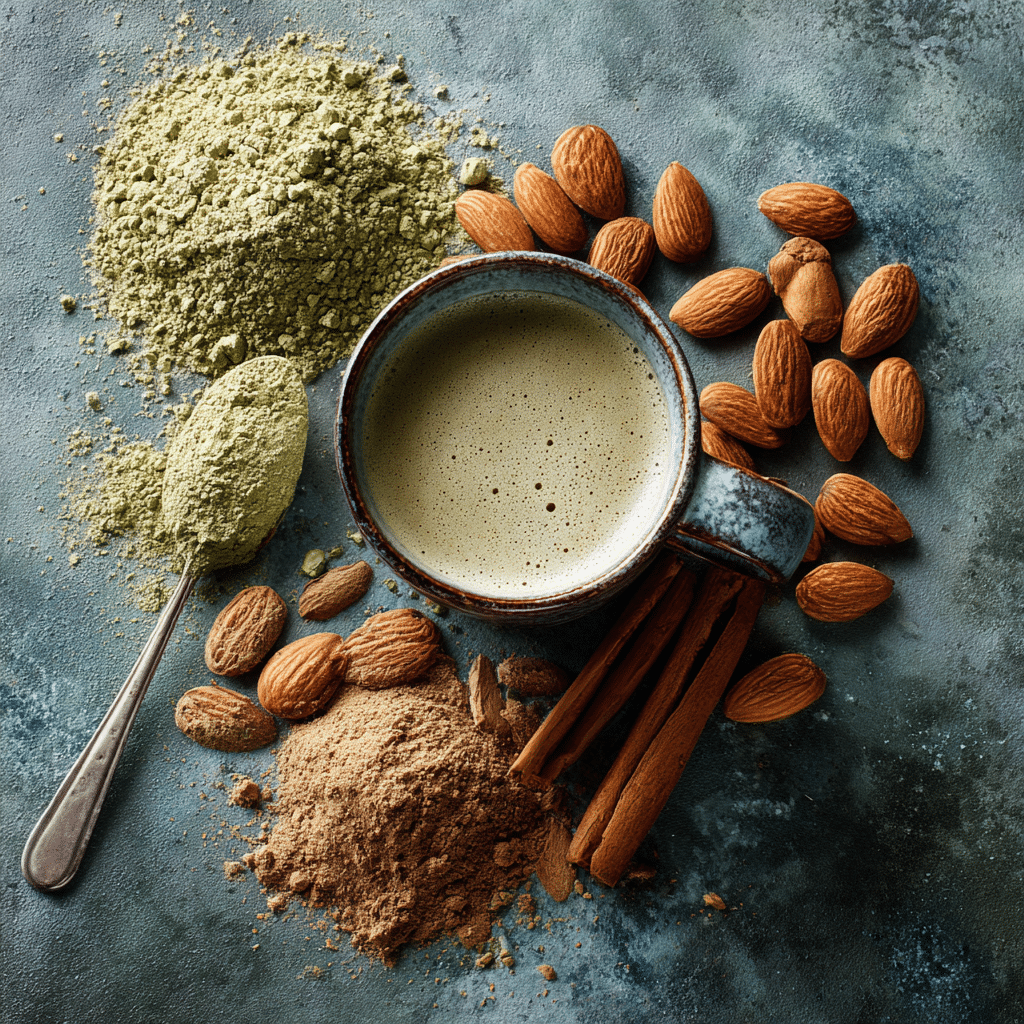
What the Keto Community Says About Green Coffee
Keto dieters often report positive results from green coffee keto. Many mention better digestion, reduced cravings, and stable energy. While green coffee doesn’t contain fats like bulletproof coffee, it offers a light and antioxidant-rich option for those who avoid heavy cream or butter-based drinks.
Some users combine green coffee with keto-approved oils or drink it alongside a fatty snack. This approach keeps energy levels steady while helping to extend fasting windows.
Want more fat-burning drinks for keto? Try our cortisol tea recipe for weight loss or explore the coffee loophole for burning fat.
Weight Loss and Metabolism Effects of Green Coffee
Chlorogenic Acid: A Fat-Burning Ally for Keto Dieters
One of the main reasons green coffee keto is popular for weight loss is its chlorogenic acid content. This compound helps reduce the absorption of carbohydrates in the digestive tract, which may lead to lower blood sugar and insulin levels. That’s good news for anyone following a ketogenic diet.
Chlorogenic acid may also boost fat metabolism by influencing how the body handles stored fat. Green coffee keto drinkers often notice improved appetite control, a major benefit for those doing intermittent fasting or maintaining a calorie deficit while in ketosis.
Some supplements even pair green coffee with apple cider vinegar or mounjaro-style formulas to increase their metabolic impact.
What Studies Say About Green Coffee and Weight Loss
Clinical research on green coffee keto and weight loss remains limited but promising. A few small studies suggest modest weight loss when people consume green coffee extract over several weeks. Participants showed reductions in body weight, body fat, and BMI compared to control groups.
However, experts caution that results may vary, and green coffee keto isn’t a magic solution. It works best when paired with a clean keto diet, regular movement, and good hydration. Still, the early data gives green coffee keto solid credibility as a natural fat-burning option.
For a real-food option to support this effect, try our ice water hack to lose weight—simple, refreshing, and keto-safe.
Best Types of Coffee for Keto—Is Green Coffee Best?
Green Coffee vs. Roasted Coffee vs. Bulletproof Coffee
When comparing coffee choices for a ketogenic diet, green coffee keto stands out for its simplicity and natural health compounds. Unlike roasted coffee, which offers rich taste but loses chlorogenic acid in the roasting process, green coffee keeps these beneficial compounds intact.
Bulletproof coffee is another keto favorite. Made by blending brewed coffee with butter or MCT oil, it delivers fast energy and keeps you full. However, it’s high in fat and calories. Green coffee keto, by contrast, offers a light, low-calorie option ideal for those focused on clean fasting or weight loss.
Each type has its role. For mornings where you want fuel and focus, bulletproof coffee works well. But for mid-day support without breaking ketosis or adding calories, green coffee keto is the smarter pick.
Choosing the Right Coffee for Your Keto Goals
Your best coffee choice depends on your goals. If you’re managing your macros closely and avoiding dairy or sweeteners, green coffee keto is a clean option. It delivers antioxidants and supports blood sugar stability without adding carbs.
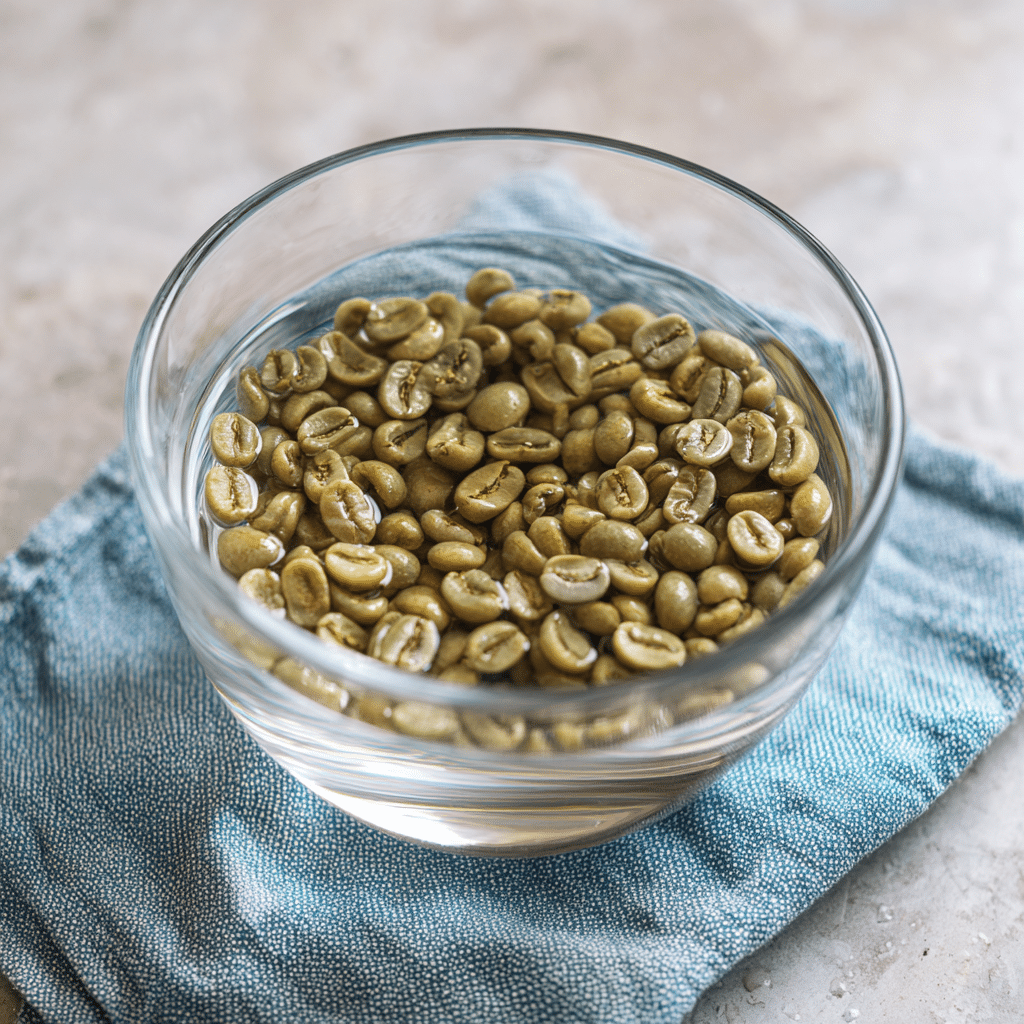
For those who want energy without a crash, its moderate caffeine level helps avoid the jitters linked to some stronger brews. And if you’re targeting fat loss specifically, pairing green coffee keto with a fiber-rich snack or supplement may maximize its appetite-reducing effects.
You can even try a green coffee-based variation of our 2-ingredient coffee loophole recipe to blend benefits without the bloat.
Daily Use of Green Coffee—What Happens If You Drink It Every Day?
Daily Benefits of Drinking Green Coffee Keto
Drinking green coffee keto every day can support your keto journey in several ways. First, its chlorogenic acid helps lower blood sugar, which is key to staying in ketosis. Second, its antioxidants reduce oxidative stress, making it a healthy addition to any fat-loss plan.

Many users report steady energy without crashes, thanks to its moderate caffeine content. Unlike sugary beverages, green coffee keto won’t spike insulin or break your fast, making it ideal for early mornings or mid-day resets.
Its appetite-suppressing effects can also help control cravings—especially when paired with high-fiber foods or keto-friendly snacks.
Looking for natural appetite support? Check out our chia seed water recipe—it’s light, keto-approved, and simple to make.
Are There Any Risks with Daily Green Coffee?
While green coffee keto offers many upsides, daily use can carry some downsides for certain people. The most common side effects come from its caffeine content. Drinking too much can lead to insomnia, jitteriness, or increased heart rate—especially if you’re sensitive to stimulants.
It may also impact calcium absorption if consumed in large amounts, so consider timing your green coffee keto around meals rather than drinking it all day. And anyone with blood pressure concerns should speak to a doctor before using it regularly.
Stick with 1–2 servings daily and monitor how your body responds. You can always rotate with low-caffeine options like our dandelion tea recipe for balance.
How to Use Green Coffee on Keto
How to Brew and Dose Green Coffee Keto Correctly
Preparing green coffee keto starts with choosing the right form. You can buy whole green coffee beans, powder, or extract. If using whole beans, soak them overnight, then simmer them in water to make a light brew. Powder is easier—just stir into hot water, similar to matcha. For busy mornings, green coffee extract capsules offer a no-fuss option.
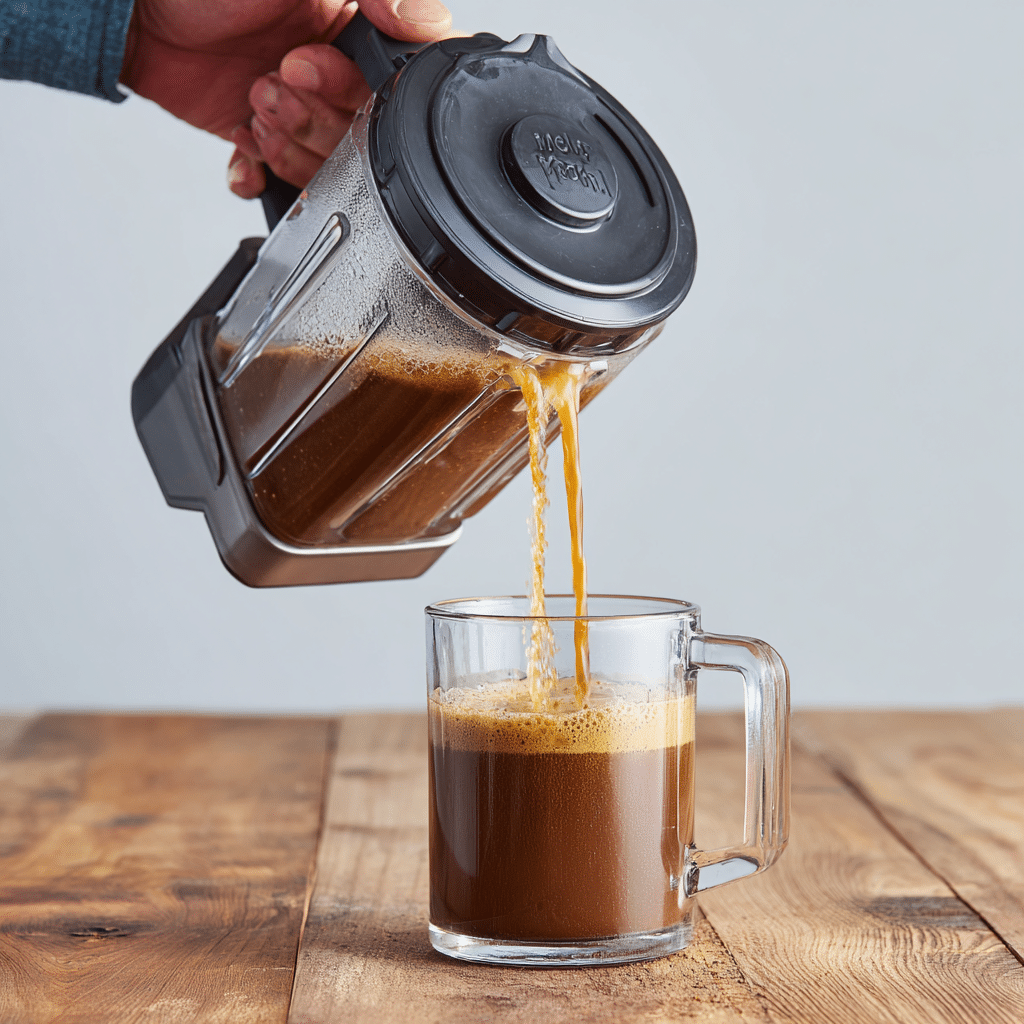
Stick with 200–400 mg of extract per day or one brewed cup for most people. Start slow to check your tolerance, especially if you’re combining it with other stimulants like caffeine or yerba mate.
Want more creative drink ideas? Our vegan iced coffee recipe is a great low-carb base you can modify using green coffee powder.
Boosting Benefits by Pairing Green Coffee with Keto Fats or Supplements
To make your green coffee keto even more effective, pair it with fat-based add-ins. A teaspoon of MCT oil or grass-fed butter adds satiety and energy. Blend it with unsweetened almond milk and cinnamon for flavor and metabolic perks.
You can also drink it with keto supplements like fiber capsules or apple cider vinegar shots. These additions may curb cravings and help regulate digestion while maintaining ketosis.
If you’re experimenting with fat-burning stacks, consider our natural Zepbound recipe for weight loss—it complements green coffee beautifully.
FAQs About Green Coffee Keto
Is Green Coffee Keto Friendly?
Yes, green coffee keto is completely keto friendly. It contains no sugar, no carbs, and fits easily into any ketogenic diet. Its high chlorogenic acid content can even support fat metabolism and insulin control—two key elements of successful ketosis.
For optimal results, avoid sweetened versions or creamers with added carbs. Drink it black or mix with MCT oil for a keto-approved energy boost.
Is Green Coffee Good for Losing Weight?
Green coffee keto may aid in weight loss due to its chlorogenic acid, which slows down carbohydrate absorption and helps regulate blood sugar. Several studies show modest fat reduction in participants using green coffee extract.
However, it works best when paired with a proper keto diet, consistent hydration, and light activity. It’s not a standalone solution but an effective support tool. To boost results, try it alongside our 3-day detox weight loss smoothie.
What Kind of Coffee Is Best for Keto?
While regular black coffee works well, green coffee keto offers extra antioxidant and fat-burning support. Bulletproof coffee is another option for high-fat energy, but it’s richer in calories. Green coffee keto is lighter and great for clean fasting or morning routines.
For variety, matcha or herbal blends like our ginger for weight loss recipe also fit nicely into keto lifestyles.
What Happens If I Drink Green Coffee Every Day?
Daily green coffee keto intake may improve energy, stabilize blood sugar, and support fat metabolism. Most people handle one to two servings per day well. Watch out for side effects like jitters or sleep disruption if you’re sensitive to caffeine.
When consumed in moderation, green coffee keto can become a consistent part of your fat-burning strategy.
Tips, Recipes, and Coffee Choices for Keto Green Coffee Drinkers
Easy Green Coffee Keto Recipes to Try
For a quick keto-friendly drink, combine 1 tsp of green coffee powder with hot water, a splash of unsweetened almond milk, and a dash of cinnamon. You can also blend brewed green coffee with 1 tbsp of MCT oil and a pinch of sea salt to create a low-carb morning elixir.
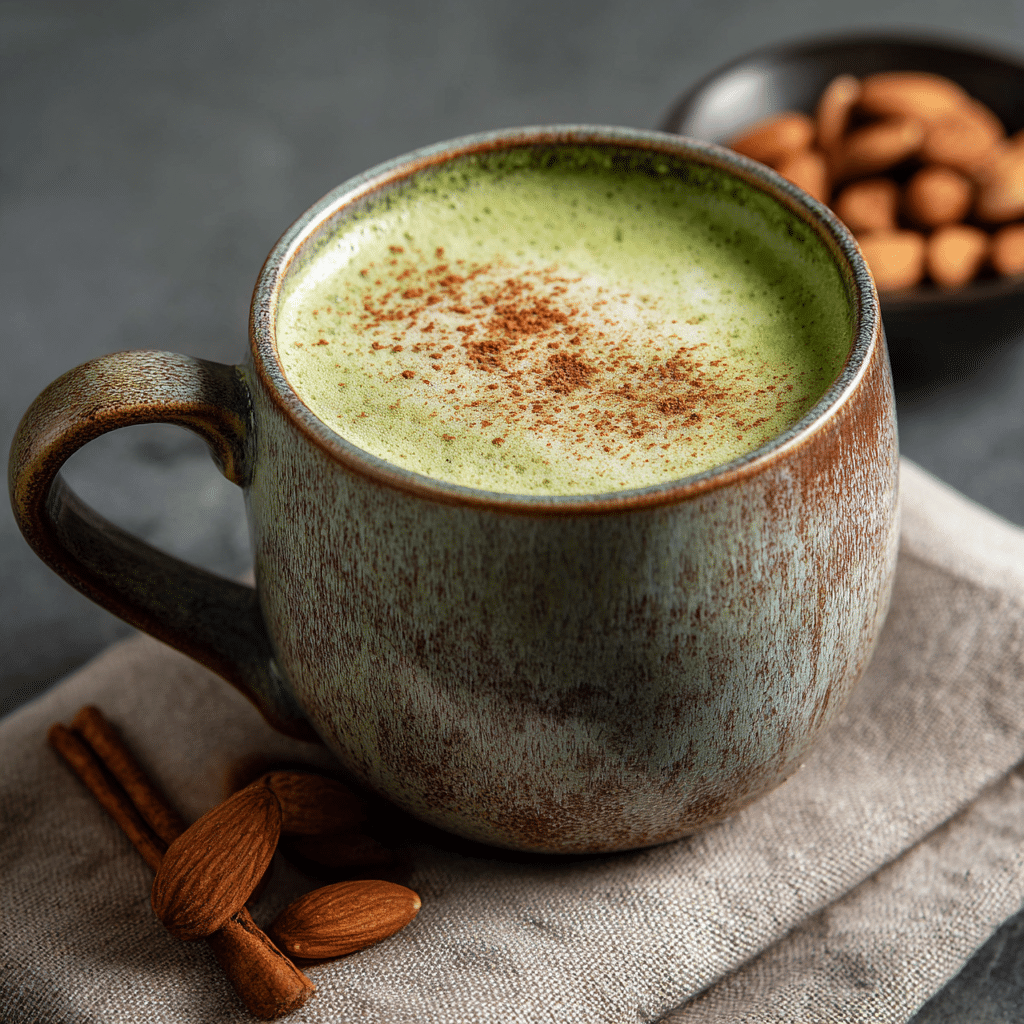
If you want something chilled and satisfying, blend green coffee, ice, coconut milk, and a keto-friendly sweetener like stevia. It’s refreshing and supports ketosis without spiking your blood sugar.
Explore our blended matcha recipe for more inspiration—just swap matcha with green coffee for a similar creamy base.
Choosing the Best Green Coffee and Supplements for Keto
When shopping for green coffee keto products, look for third-party-tested supplements or organic green coffee beans. Read labels to avoid fillers, added sugars, or artificial additives that could interfere with your macros.
Capsule forms should offer at least 400 mg of green coffee extract per serving. If you’re using powder, make sure it’s 100% pure green coffee without maltodextrin or sweeteners.
Need help choosing other keto-friendly superfoods? Check out our trusted cleanse detox juice and natural Mounjaro recipe with apple cider vinegar.
For more recipes follow our social media accounts on Pinterest : Dieteverytime
FAQs Recap
Is green coffee keto friendly?
Yes. It’s naturally free of carbs and sugars, making it ideal for ketogenic diets.
Is green coffee good for losing weight?
Green coffee may support fat loss due to its chlorogenic acid, which helps regulate blood sugar and metabolism.
What kind of coffee is best for keto?
While black and bulletproof coffee are common, green coffee keto offers extra antioxidants and less caffeine—great for clean energy.
What happens if I drink green coffee every day?
Daily green coffee can aid in weight control and energy levels. Just keep intake moderate to avoid caffeine-related side effects.
Conclusion
Green coffee keto is more than a trendy buzzword. It delivers genuine benefits for anyone following a low-carb lifestyle—supporting fat metabolism, blood sugar control, and natural energy. Whether you sip it straight or pair it with healthy fats, it can become a smart addition to your keto strategy.
Its low calorie and zero-carb profile make it easy to integrate into daily routines. With proper use, green coffee keto could be the clean caffeine fix your keto day needs. Just remember: quality matters, and consistency counts.
Disclamer
The information shared in this article is for educational and informational purposes only. It is not intended to replace medical advice, diagnosis, or treatment. These recipes and tips are based on personal experience and may not be suitable for everyone.
Always consult your physician, registered dietitian, or a qualified healthcare provider before making any dietary changes. Never disregard or delay professional medical advice based on content from this blog. Your health journey should always be guided by trusted medical professionals.

